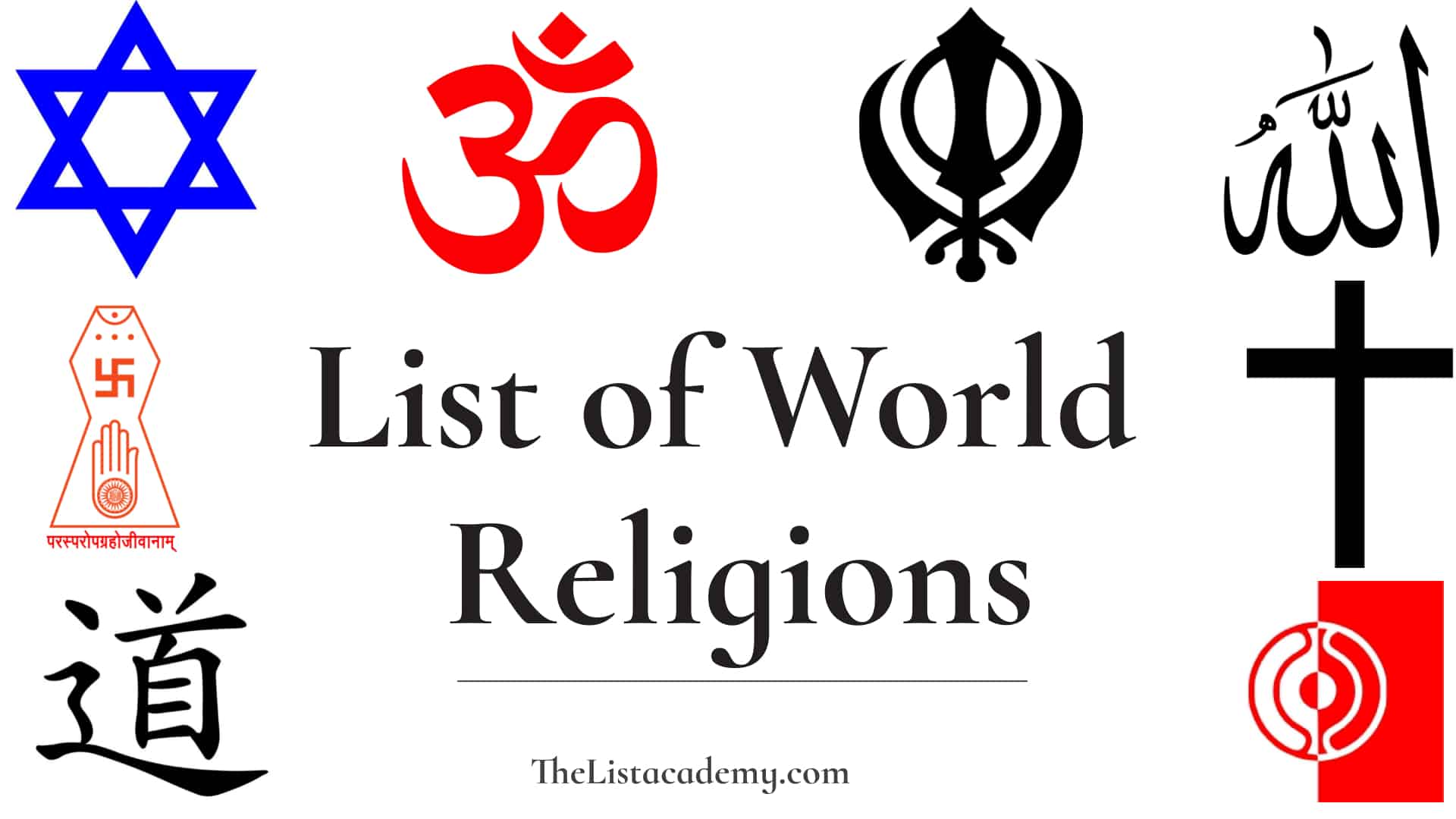
Daejongism
Daejongism (Korean: 대종교, romanized: 大倧敎 Daejonggyo or Taejongkyo, “religion of the Divine Progenitor” or “great ancestral religion”: 192 ) or Dangunism (Korean: 단군교, romanized: 檀君敎 Dangungyo or Tangunkyo, “religion of Dangun”) is the name of a number of religious movements within the framework of Korean shamanism, focused on the worship of Dangun (or Tangun). There are around seventeen of these groups, the main one of which was founded in Seoul in 1909 by Na Cheol (나철, 1864-1916).Dangunists believe their mythos to be the authentic Korean native religion, that was already around as Gosindo (古神道, “way of the Ancestral God” or “ancient way of God”) at the time of the first Mongol invasions of Korea, and that was revived as “Daejongism” (Daejonggyo) just at the start of the Japanese occupation. The religion was suppressed during the Japanese rule.The religion believes in one God manifested in three persons, whose earthly incarnation was the legendary king Dangun, who ruled over a Korean empire around 5000 years ago. Its main tenet is that the Koreans have their own God and they have no need to worship foreign gods. Its emphasis is on the national identity and unity of the Korean people (known as minjok) and as such has been associated with Korean nationalism (and sometimes ultranationalism).: 193 Daejongism does not focus so much on institutions or rituals but rather on central doctrines and associated mythologies, so that it is more definable as a creed or a faith system rather than an organized religion. In the decade of 1910-1920, it had its major growth, reaching an estimated following of 400,000. Its popularity was largely due to its efforts on behalf of Korean independence. Once this aim was achieved, its membership declined, although Daejongism acquired a reputation for its educational and scholarly institutions, which published in particular monumental works about Korea’s struggle for independence and Daejongism’s contribution to it. A 1995 census found that fewer than 10,000 Koreans claimed to follow the religion, although Korean census figures systematically underestimate the number of followers of new religions, who are often reluctant to indicate their religious affiliation.

